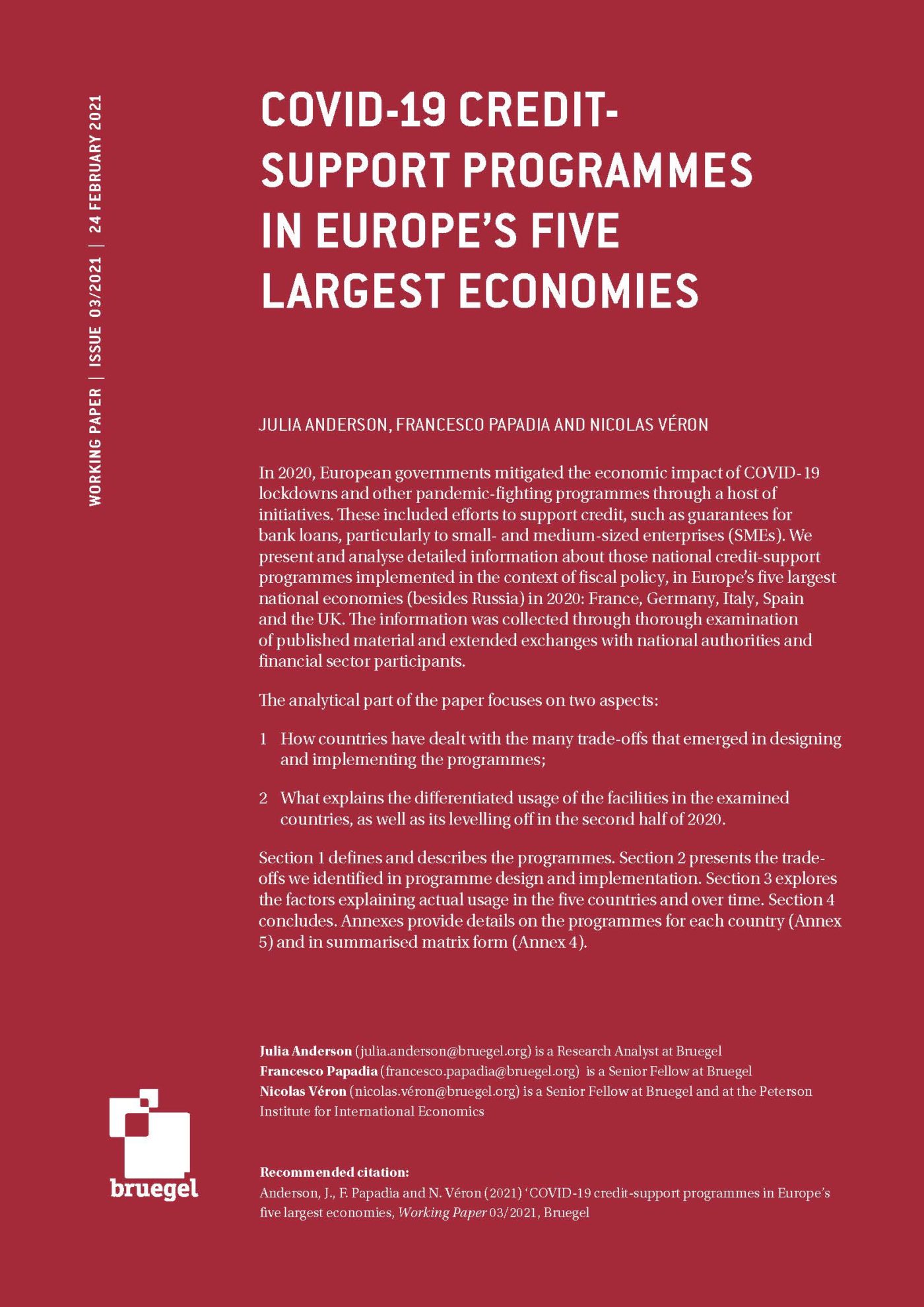Opinion
France’s institutional system favours rebellion against its leader
The 'yellow vest' movement proves that France's political and budgetary centralism, as the source of citizens' feelings of abandonment and revolt, must be reformed.
A version of this opinion piece was published on Le Monde
Outside France, many economists tend to ascribe the yellow vest movement to the fact that the French are rebellious and that France is politically unmanageable. But what is special about France is not its people but its institutional system, which differs vastly from those of other European countries. Three dimensions seem to me particularly relevant in the current context.
The first concerns the political system. Under the current constitution, power is far more personalised than elsewhere. France is not a parliamentary democracy like Britain or Germany. Sure, all three have a lower and an upper chamber, but political parties play a fundamentally different role in France.
There, the dominant party is a creation of the president – like the RPR was a creation of Jacques Chirac, the Socialist party was created by François Mitterrand, and La République en Marche is the creation of Emmanuel Macron, around whom the party entirely revolves.
France is the European country where there is the most rebellion against its leader, because his power is the most personalised and the most centralised among the six big EU countries.
Elsewhere, the history of the major political parties is clearly distinct from the persona of their current leader. The CDU in Germany or the Conservative party in Britain are not the creation of Angela Merkel or Theresa May.
The second French peculiarity concerns the role of intermediate institutions, and in particular labour unions. Among the large European countries, France is where the rate of union membership is the lowest. In 2015, it was 36% in Italy, 25% in Britain, 18% in Germany, 14% in Spain, 12% in Poland and barely 8% in France. And the current practice further weakens the role of labour unions in the management of social conflicts.
The third concerns the organisation of the country’s territory. Metropolitan France is the largest country of the European Union by land mass, with 550,000 km2, compared with 499,000 km2 in Spain, 349,000 km2 in Germany, 304,000 km2 in Poland, 294,000 km2 in Italy and 242,000 km2 in Britain. Among these six countries, France is also the one (just behind Spain) with the lowest population density, with 119 inhabitants per square kilometre against 236 in Germany and 275 in Britain.
The personalisation of power, the weakness of Parliament – with a dominant party dominated by a single person – and the weak role of intermediate bodies like labour unions all combine to create a situation where citizens have no recourse to make their voice heard other than taking to the streets and demanding the resignation of the president.
Despite this situation, France is the most centralised of the six biggest EU countries. According to the OECD, the share of sub-national entities in total public expenditure is only 20% in France against 50% in Spain, 47% in Germany, 32% in Poland, 30% in Italy and 26% in Britain.
The conclusion is incontestable. France is the European country where there is the most rebellion against its leader, because his power is the most personalised and the most centralised among the six big EU countries.
The personalisation of power, the weakness of Parliament – with a dominant party dominated by a single person – and the weak role of intermediate bodies like labour unions all combine to create a situation where citizens have no recourse to make their voice heard other than taking to the streets and demanding the resignation of the president.
The large size of the country, its low population density and its lack of decentralisation create a situation where citizens outside the big cities feel abandoned by Paris, which does not provide sufficient local public services to ensure territorial cohesion. These are the citizens who march in Paris and in other big cities, demanding a better life.
Many French economists rightly favour reforming France’s social model towards greater flexibility and greater security, like in Scandinavian countries. But they should remember that these countries have very high unionisation rates (67% in Denmark and Sweden) and extensive territorial decentralisation of public expenditures (with sub-national entities accounting for 65% of such expenditures in Denmark and 50% in Sweden). Attempting to copy the Scandinavian social system without changing the French institutional system would not be very productive.
France is not unmanageable. It simply needs a better governance. Why not start with a greater decentralisation of public expenditures? A reasonable objective could be to increase the share of sub-national entities in public expenditures from 20% to 30% by 2025, and further to 40% by 2030. But this cannot be done without a substantial institutional reform to ensure that decentralised public expenditures are both efficient and of good quality.
Republishing and referencing
Bruegel considers itself a public good and takes no institutional standpoint.
Due to copyright agreements we ask that you kindly email request to republish opinions that have appeared in print to [email protected].









